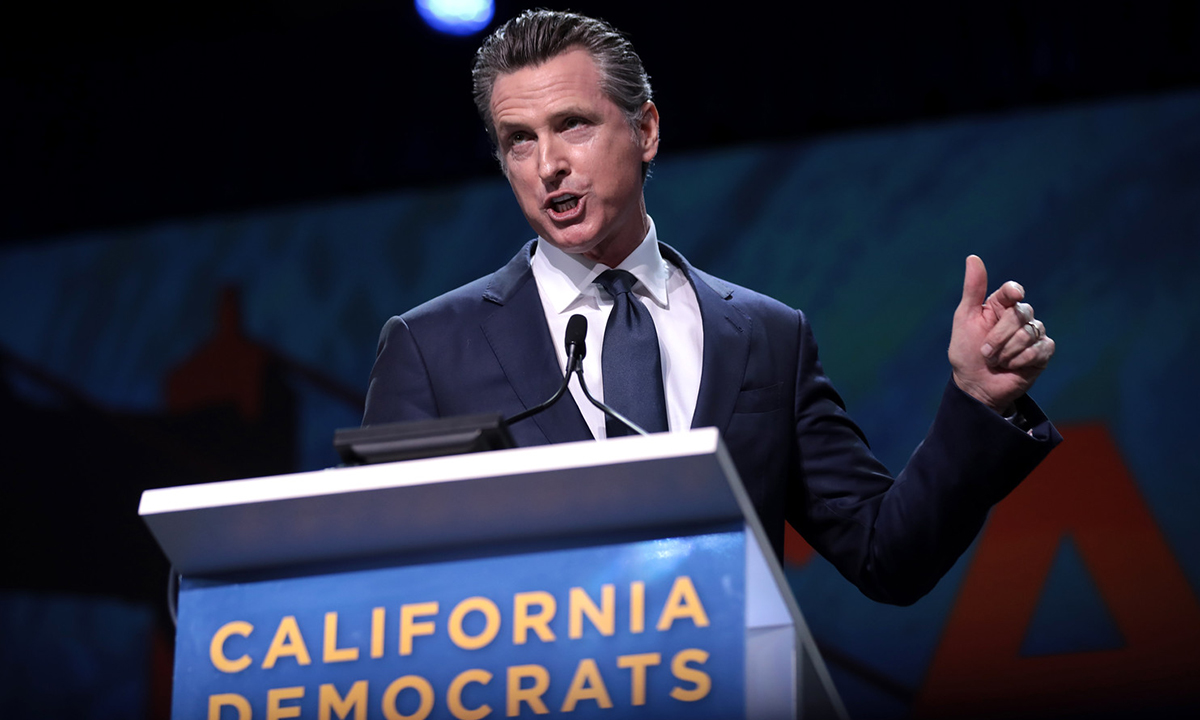Written by Julianne Foster
Gov. Gavin Newsom’s contradictory and confusing education and economic policies affecting the entire state of California have heightened numerous problems and made it apparent that local officials need more control over their cities and counties.
Newsom recently announced that students with disabilities or other “acute” needs will be granted permission to return to in-person learning in small groups, even in counties that are on the state’s watch list. This seems contradictory to the state’s otherwise tight lockdown on schools reopening.
According to the CDC, “Most people with disabilities are not inherently at higher risk for becoming infected with or having severe illness from COVID-19. However, some people with disabilities might be at a higher risk of infection or severe illness because of their underlying medical conditions.”
However, Newsom continues to pick and choose who they allow back, when in reality, the entire student body in California is in dire need of returning to their campuses. He’s not alone in this endeavor, however, as Democrats in the State Legislature have contributed to the selective discrimination of students and schools.
For example, AB 98 has already stopped poor and disadvantaged students from finding a better education at charter schools that have expanded and adjusted to provide quality online learning. Students need to be given a choice for where they go to school and the state needs to ensure that they have access to the best education possible so they don’t fall behind amid the pandemic.
Local leaders have a much better understanding of the needs of their communities—and students are no exception. They hear firsthand from residents about what they need, something which is very important to allow people to be involved in the decisions that impact them directly.
Whether it involves families, schools, businesses, or churches, it’s clear that the needs of the public can be best responded to by their local officials and institutions. The blanket statewide lockdowns and regulations prevent such cohesion, consolidating power and decision-making in Sacramento—where it does not belong.




